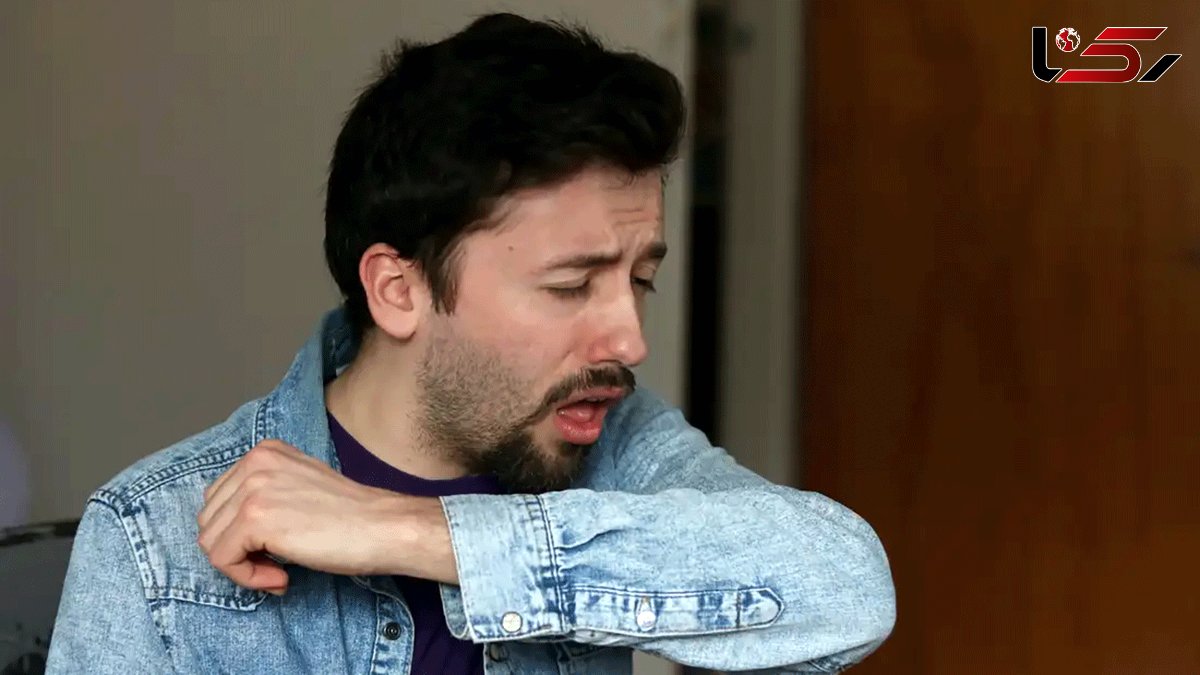Will expelled droplets spread COVID-19? Ventilation may be key
Rokna: The tiny droplets that linger in the air after people talk, cough or sneeze aren't very efficient at spreading the new coronavirus, new research suggests.

Using laser technology, researchers measured the path of droplets released when people spoke or coughed, healthday.com reported.
If someone enters a room a few minutes after a person with mild COVID-19 symptoms has coughed in that area, the odds of infection are "rather low," the Dutch researchers noted. It is even lower if that person was only talking.
That doesn't mean these droplets are risk-free — just that they contain less virus than the larger droplets produced when someone speaks, coughs or sneezes directly on us, according to researcher Daniel Bonn, a physicist at the University of Amsterdam's Van der Waals-Zeeman Institute.
"Based on the current insights, we actually see that aerosol-wise, it's relatively safe to go into well-ventilated modern buildings, such as airports, train stations, modern offices, etc.," Bonn said in a news release from the American Institute of Physics.
"Modern ventilation makes the aerosol infection risk not very large. The amount of virus in the small droplets is relatively small, meaning that it becomes dangerous if you're in a badly ventilated room for a relatively long time with an infected person or after an infected person has coughed there," he added.
These findings support the effectiveness of wearing masks, social distancing and other measures that target the spread of larger droplets, the researcher said.
"They are so large that they fall onto the ground roughly within a meter from your mouth," Bonn said.
"If you want to minimize the risk of infection, you need to not only keep the six feet, or 1.5 meters, but also make sure the room you are in is well ventilated. And wash your hands."
The study was published online in the journal Physics of Fluids.

Send Comments